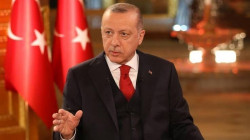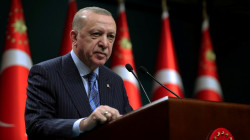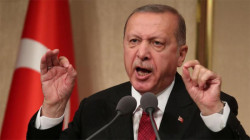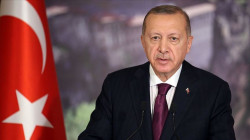Turkish central bank stuns lira with rate cut sought by Erdogan
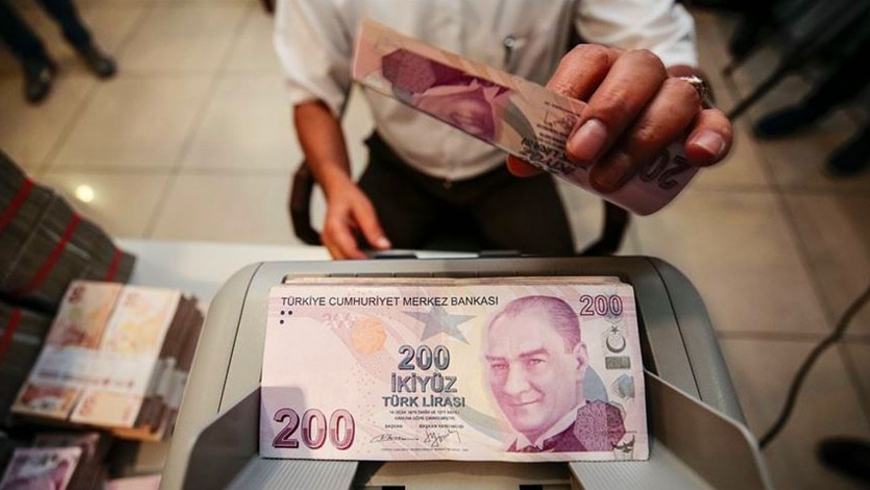
Shafaq News / Turkey's central bank unexpectedly cut its policy rate by 100 basis points to 18% on Thursday, delivering stimulus long sought by President Tayyip Erdogan despite high inflation, and sending the lira to near a record low.
The central bank was widely expected to hold interest rates steady at 19%, where they had been since March, given inflation reached 19.25% last month. Only two of 17 economists polled by Reuters had predicted a cut.
But Governor Sahap Kavcioglu - whom Erdogan installed at the bank in March - has sounded more dovish in recent weeks, paving the way for Turkey's first monetary easing since May 2020 and ending a tightening cycle that began 12 months ago.
Analysts said the move reflected Erdogan's heavy hand on monetary policy and teed up more easing that risked sustaining double-digit inflation and high living costs for Turks for a long while to come.
The lira - among the worst performers in emerging markets for several years running due in large part to bruised central bank credibility - tumbled as much as 1.5%.
It was worth 8.74 to the dollar at 1253 GMT, near a record low of 8.88 touched in June. It weakened as far as 8.808.
"This will not help the central bank's already fragile credibility, and the market reaction is likely to be quite severe," said Roger Kelly, lead regional economist at the European Bank for Reconstruction and Development in Istanbul.
"Most expected rates to remain unchanged for at least another month."
The cut left Turkey with the most negative real rate across emerging markets, a red flag for investors.
Yet early this month, Kavcioglu began emphasising core inflation, which stood below 17% in August. He also said policy was tight enough to cool price rises in the fourth quarter.
The central bank's policy committee said a rate cut was needed because of the lower core price measures - which strip out food and some other goods - as well as shocks to supply in the wake of pandemic measures.
The recent rises in inflation "are due to transitory factors", it said. "The tightness in monetary stance has started to have a higher than envisaged contractionary effect on commercial loans."
Source: Reuters
